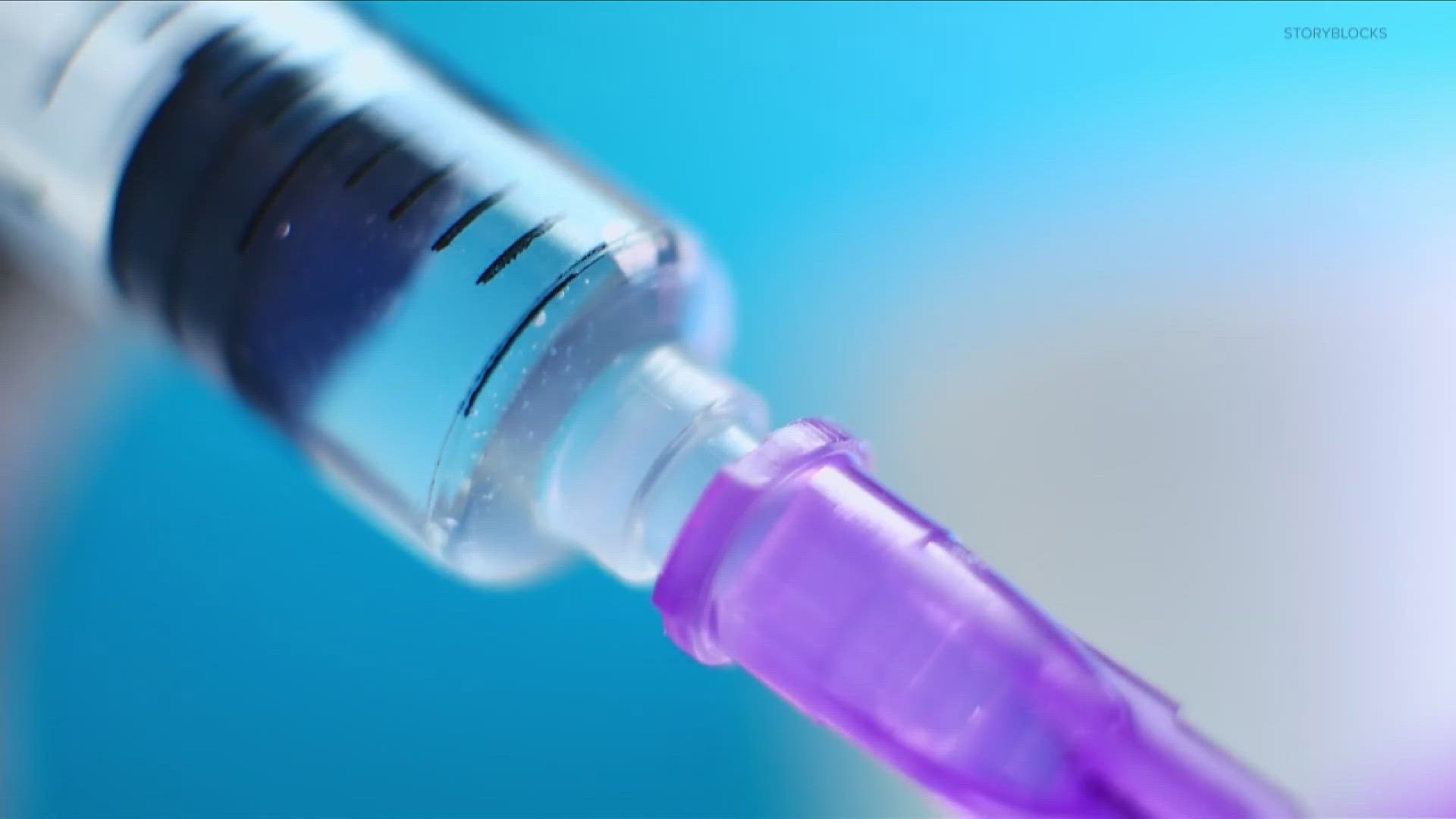MEMPHIS, Tenn. — Memphis-Shelby County Schools officials have filed suit against pharmaceutical manufacturers due to the rising cost of insulin.
MSCS has joined a host of school districts in a mass action lawsuit against drug manufacturers, Eli Lilly, Novo Nordisk and Sanofi-Aventis, as well as pharmacies, due to the cost of insulin.
Attorneys for the school district, James Frantz and William Shinoff, say that the legal action is in part due to the self-funded insurance plans that entities such as MSCS have and when partnered with the price of insulin, has possibly cost the district millions of dollars.
“A lot of municipalities and school districts across the country have, they pay a major share of all those individuals under their plans, prescriptions and for Memphis-Shelby, we're talking tens of millions of dollars they've spent on these products,” Shinoff said. “And so what the purpose of this litigation is to go and make sure this conduct stops by these companies, that this is not the drug to go and try to make all your profit off of and also to make sure that those funds are returned back to these school systems that have been overcharged.”
MSCS is not the only school district to have signed on to the lawsuit, such as the Broward County School Board in Florida where officials signed on in September to file the same complaint, as well as Loudon County in Tennessee.
The complaint, which is filed in New Jersey, notes that while the average cost of consumer goods and services have risen 1.75-fold over the last twenty years, the cost of some diabetes medicine has risen more than tenfold.
“These price increases do not derive from the rising cost of goods, production costs, investment in research and development, or competitive market forces,” the complaint reads. “Instead, Defendants engineered them to exponentially increase their profits at the expense of payors like Plaintiff.”
Frantz told ABC24 that the lawsuit is also about trying to get drug companies under control.
The RICO allegations in the case, or Racketeer Influenced and Corrupt Organizations Act, are that the defendants are “engaged in the shared purpose of exchanging false list prices and secret Manufacturer Payments for preferred formulary positions for the at-issue drugs in order to control the market for diabetes medications and profit off diabetics and payors,” according to the complaint.
Shinoff said that it appears that there is an agreement between the companies and pricing models.
“if you watch the market on their similar drugs, they are mirroring each other within a matter of hours, when they're increasing and decreasing their prices,” Shinoff said. “So on the outside, it appears to be a stereotypical price gouging scheme that's going on by these manufacturers. But the unique aspect of this issue is that in order for this scheme to work, they need the pharmacy benefit managers on board.”
Which is why pharmacies, such as CVS and Express Scripts, amongst others, are also listed as defendants.
“Because the pharmacy benefit managers approve what drugs are going to be on a formulary which a majority of Americans, whether you're on a fully insured plan or a self funded plan,” Shinoff said.
Novo Nordisk said in a statement to ABC24 that they believe the allegations are “meritless,” and that they intend to “vigorously defend against these claims.”
CVS Caremark also responded with a statement saying, “Pharmaceutical companies alone are responsible for the prices they set in the marketplace for the products they manufacture.
“Nothing in our agreements prevents drug manufacturers from lowering the prices of their insulin products and we would welcome such an action,” the statement continues. “Allegations that we play any role in determining the prices charged by manufacturers for their products are false, and we intend to vigorously defend against this baseless suit.”
A Sanofi spokesperson said that they would not comment on the specifics of the allegations, but that their pricing practices have always complied with the law.
"Under the current system, savings negotiated by health insurance companies and PBMs through rebates are not consistently passed through to patients in the form of lower co-pays or coinsurance," the statement continued. "As a result, patients’ out-of-pocket costs continue to rise while - between 2012 and 2023 – the average net price of our insulins declined by 76 percent," the statement read."
"Sanofi believes that no one should struggle to pay for their insulin, regardless of their insurance status or income level, which is why we have a suite of innovative and patient-centric savings programs to help people reduce their prescription medicine costs."
A spokesperson for Eli Lilly responded to ABC24 saying that the allegations are "baseless."
"It is the school district and other health plans—not Lilly—who negotiate the terms of their rebate arrangements, including whether to pass those rebates on to people who take insulin. In the only three cases where insulin pricing allegations have been put to their proof, the plaintiffs have either dropped their case, lost their motion to proceed as a class action, or settled for no money," the statement read. "The outcomes speak for themselves."
Other companies listed as defendants did not return requests for comment before publication.
The case is currently working through several motions to dismiss that are pending.
MSCS officials did not respond to requests for comment.

